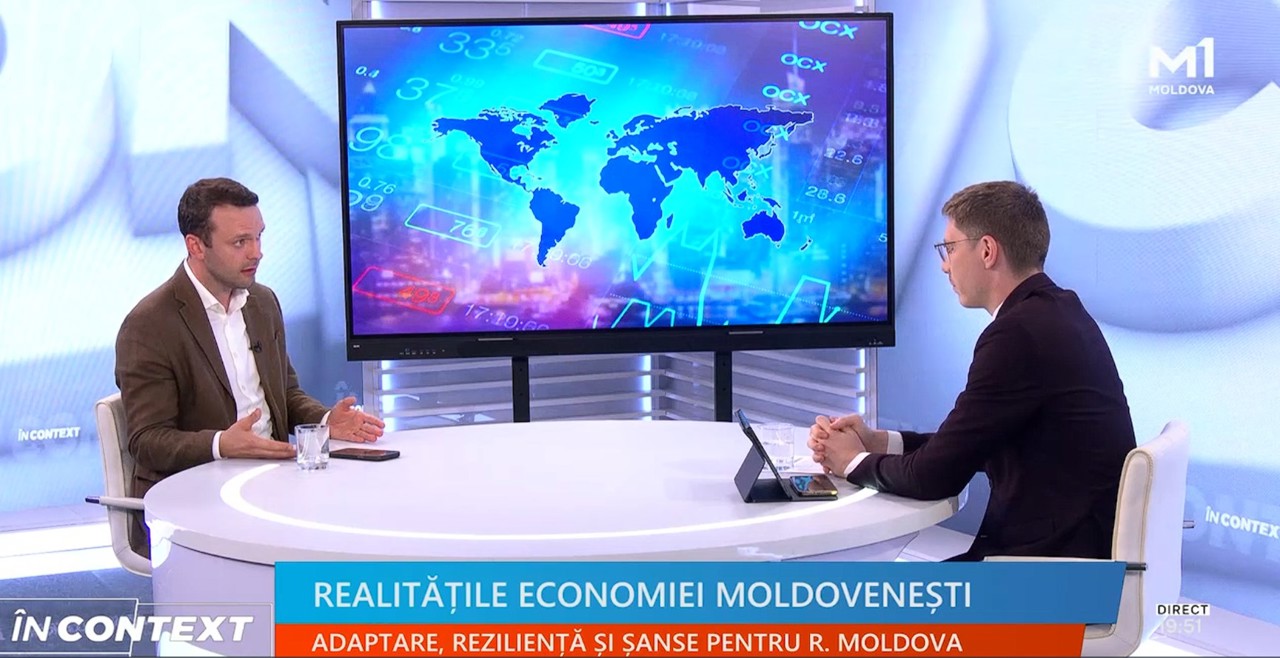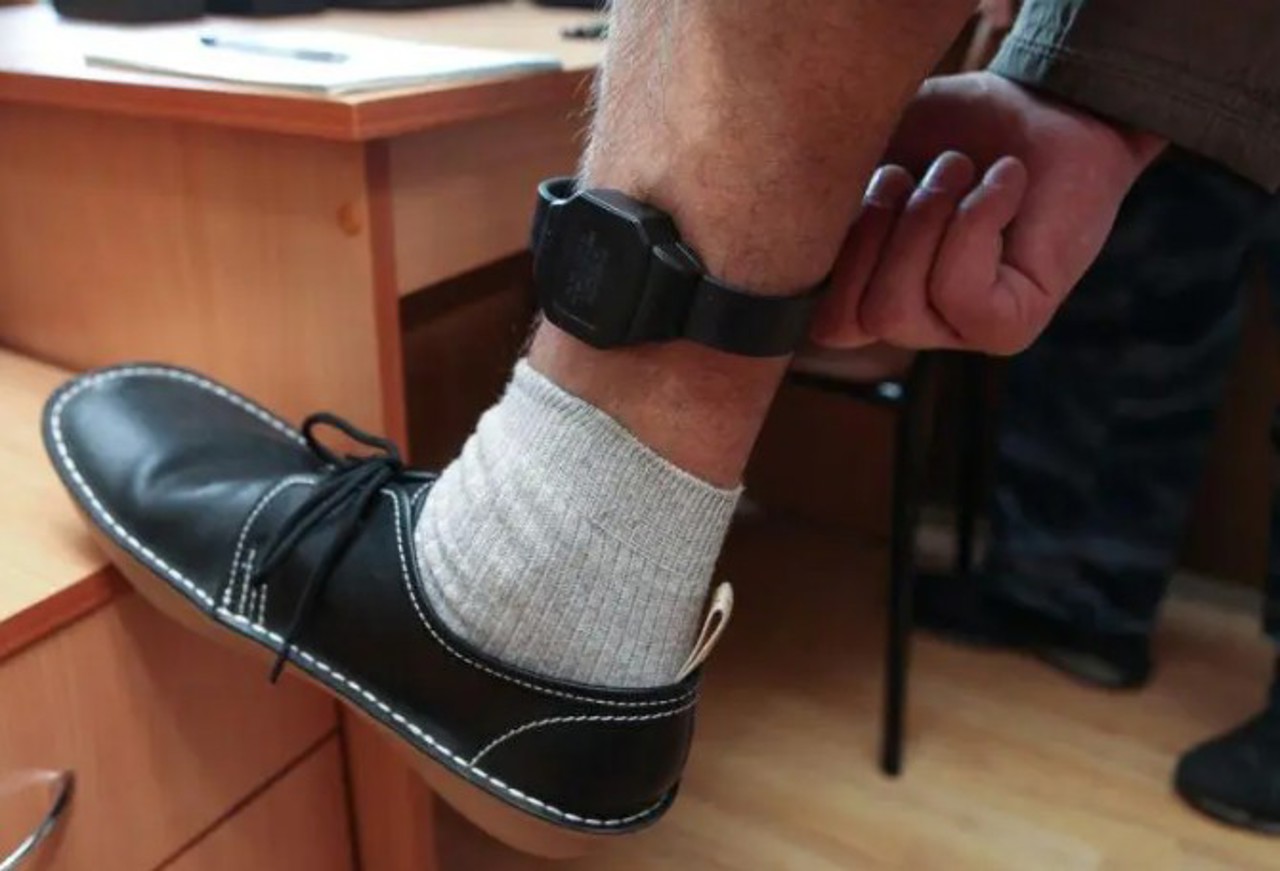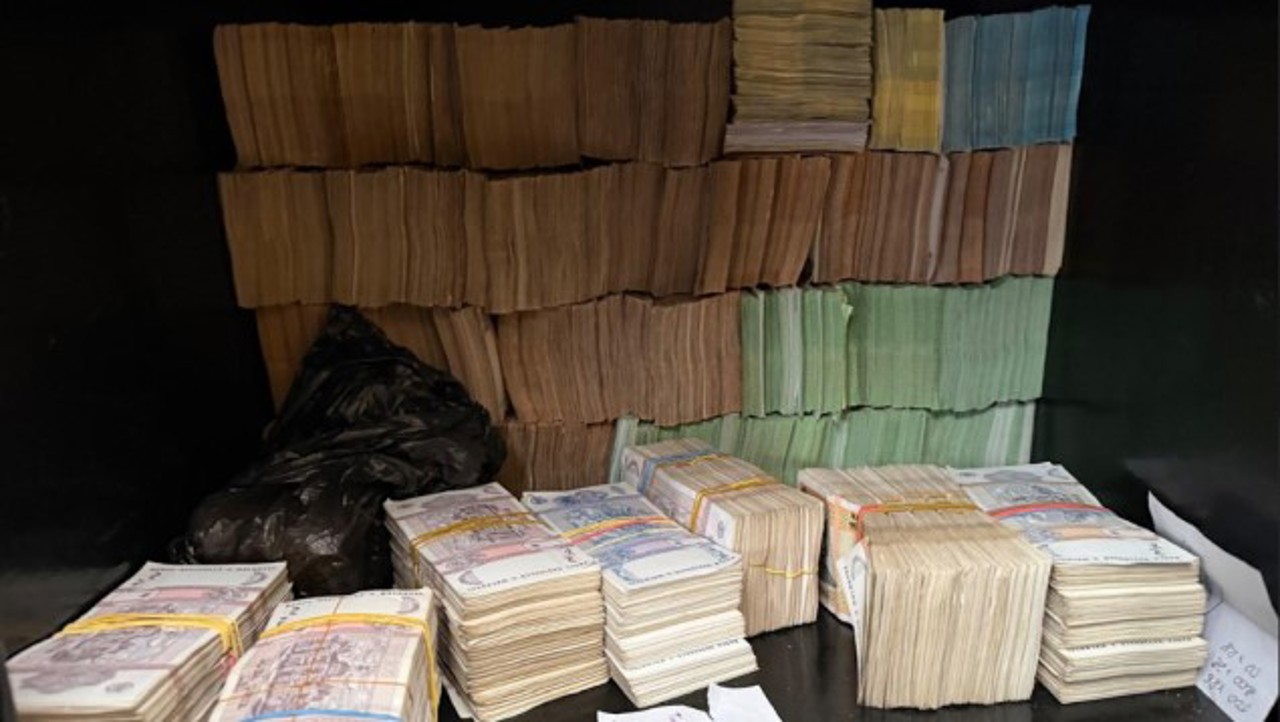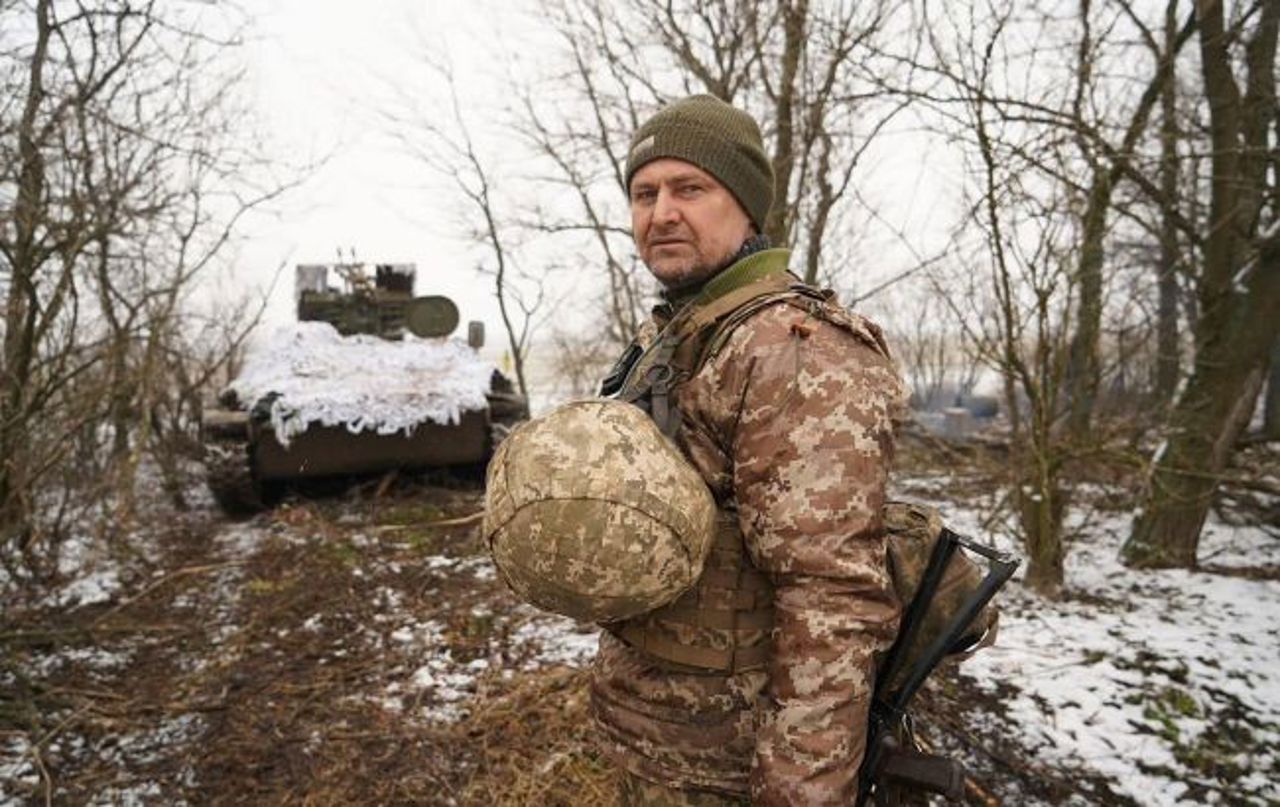How Moldova’s infrastructure investment can boost the economy

The Republic of Moldova has bolstered its resilience and is no longer reliant on Russia for energy resources. However, economic growth prospects remain constrained due to systemic risks and insufficient investment, according to finance expert Eugen Ghilețchi.
Speaking Wednesday evening on Moldova 1’s “In Context” program, Ghilețchi emphasized that public investment in infrastructure and fostering a favorable climate for entrepreneurship are key to sustainable development.
The energy crisis caused by the conflict in Ukraine was one of the greatest challenges for Moldova’s economy. However, as a result, the country has successfully diversified its energy import sources, the expert noted.
“The government provided subsidies that eased the burden on citizens but did not relieve the overall economy, particularly manufacturing companies,” he said.
According to Ghilețchi, one of the major obstacles to economic growth remains the perception of country risk, which directly impacts investment levels.
“We do not have enough domestic capital to invest in the real economy. We rely on foreign investment. However, even local investors hesitate to commit to long-term projects due to risks, including those related to the war. Foreign investors consider whether to invest in Moldova or Romania, a NATO member. Even our citizens prefer to keep their capital in safer countries,” the finance expert added.
To stimulate the economy, Ghilețchi proposes a traditional approach: the government should invest in infrastructure, while the private sector creates well-paying jobs.
“I would favor the classic capitalist model — the government invests in infrastructure and allows the business sector to create well-paying jobs. Good infrastructure is key to economic growth and would better connect us with the European Union market. We need to take this step if we want to achieve annual economic growth above 0.1 percent,” concluded Eugen Ghilețchi.
Translation by Iurie Tataru




